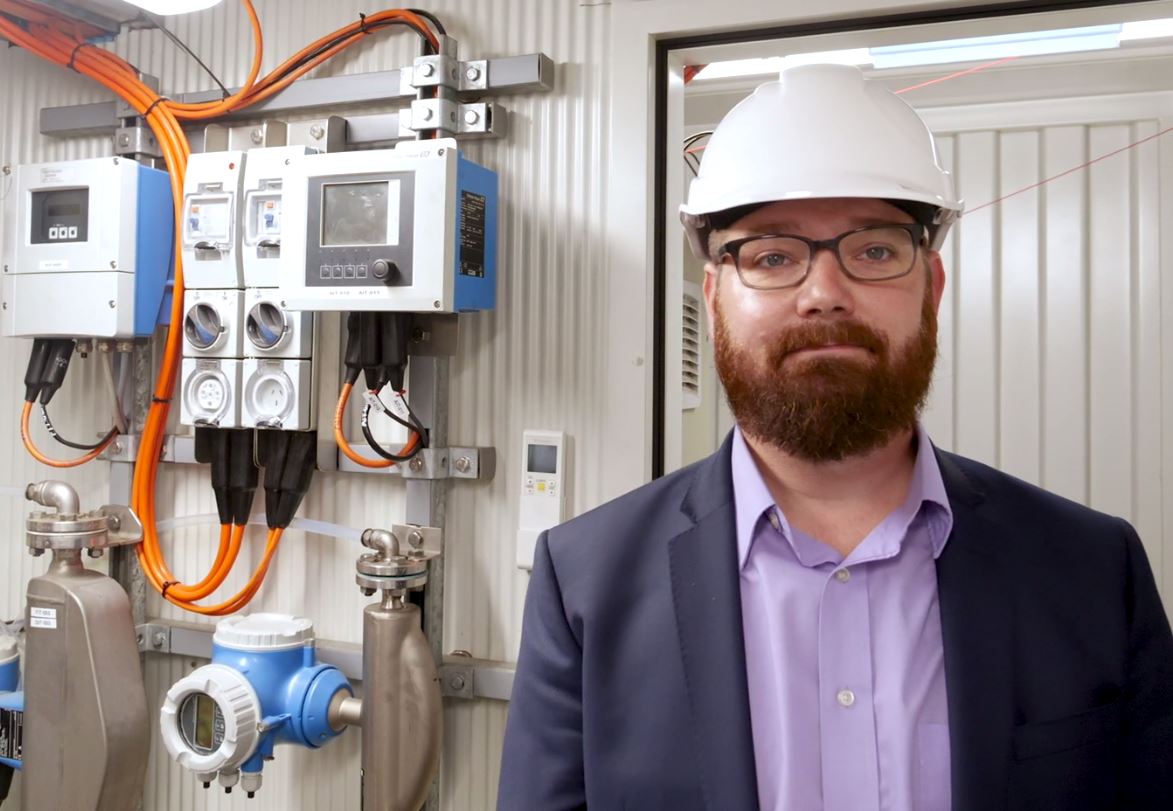
The ‘intriguing’ potential of self-repairing rubber has led a Flinders University-led organic chemistry research discovery into the top 10 sustainability projects compiled by European Rubber Journal (July-August edition) – along with giant companies such as Mitsubishi Chemical, Tyromer, Asahi Kasil and Continental.
Flinders Associate Professor Justin Chalker and research colleagues recently published details of their potential self-repairing polymer in Chemical Science and it is already gaining attention from the big end of town – and its commercialisation partner Clean Earth Technologies (CET) which has taken a patent on the promising new material made from waste products canola cooking oil, sulphur and dicyclopentadiene.
“It is quite an honour to be mentioned in such a high-ranking list of global advances in sustainable elastomer technology,” says Associate Professor Chalker, from the Institute for Nanoscale Science and Technology in the College of Science and Engineering at Flinders University.
Judges for the inaugural E4S expert judging panel noted the potential of self-healing chemistry – although it’s “still a long way from commercialisation”.
“If the project can bring its power to tires (tyres), the contribution to sustainability could be high,” they say. “The new rubber, the Australian researchers say, could be used for products which can be fully repaired and restored to original strength in minutes at room temperature.
“Tapping the ability of certain rubber materials to self-repair is an intriguing area of polymer research, with particular implications for reuse and recylcing.”
The expert panel, including Professor James Busfield from Queen Mary University in London, Dr Christoph Sokolowski from Germany’s WDK and two leaders in the field of materials science, notes the Chalker group’s findings show “how polysulphide groups on the polymer surface react in the presence of pyridine catalyst at room temperature to undergo S-S metathesis that joins together polymer pieces into a new shape”.
The E4S Top 10 table will be reviewed and updated in the Nov/Dec issue of ERJ magazine.
CET is working with the Chalker Lab and Flinders University to commercialise a number of new polysulfide materials for global markets, with plans to set up the first manufacturing facility in South Australia.

